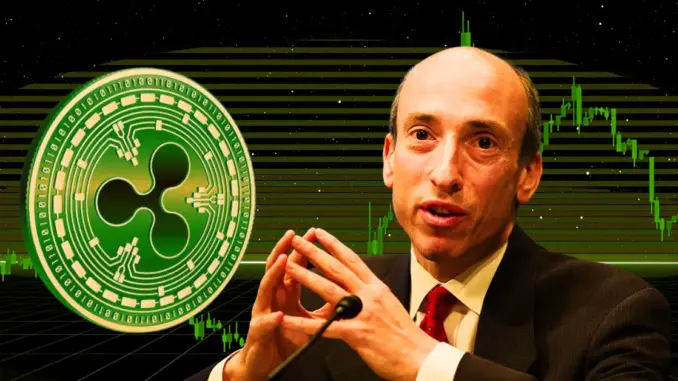
The ongoing legal battle between the SEC and Ripple has been a key issue for the future of cryptocurrency regulation. At the heart of the case is whether XRP should be classified as a security. The SEC claims Ripple violated securities laws by selling XRP without proper clearance, while Ripple insists it is a digital asset, more like a commodity or currency.
The SEC’s appeal against Ripple is still ongoing and could have major implications for the cryptocurrency market. The SEC filed an appeal in October 2024, seeking to overturn Judge Torres’ ruling, which declared Ripple’s XRP sales were not securities. The agency is expected to submit a brief by January 15, 2025, just days before President Trump’s inauguration.
President Donald Trump has appointed Paul Atkins, a pro-crypto advocate, to replace SEC Chair Gary Gensler. This could lead to a more lenient stance on crypto, potentially reducing pressure on Ripple and other projects.
It is being reported that SEC Chair Gary Gensler is preparing to make a final filing related to the Ripple case before pro-crypto Paul Atkins takes over. Some believe that Gensler, with the SEC’s chief litigation counsel Jorge Tenreiro, might create challenges for Ripple, similar to what former SEC Chairman Jay Clayton did.
What’s Next?
XRP’s journey hasn’t been easy due to a lawsuit with the SEC, accusing it of being an unregistered security. With Gensler stepping down soon, some expect crypto-friendly leadership under the incoming administration, further easing regulatory hurdles.
As the regulatory environment improves, more investors are flocking to XRP, and analysts are predicting potential all-time highs by year-end. XRP’s role in banking gives it a long-term growth edge over more speculative cryptocurrencies.








Kommentar hinterlassen